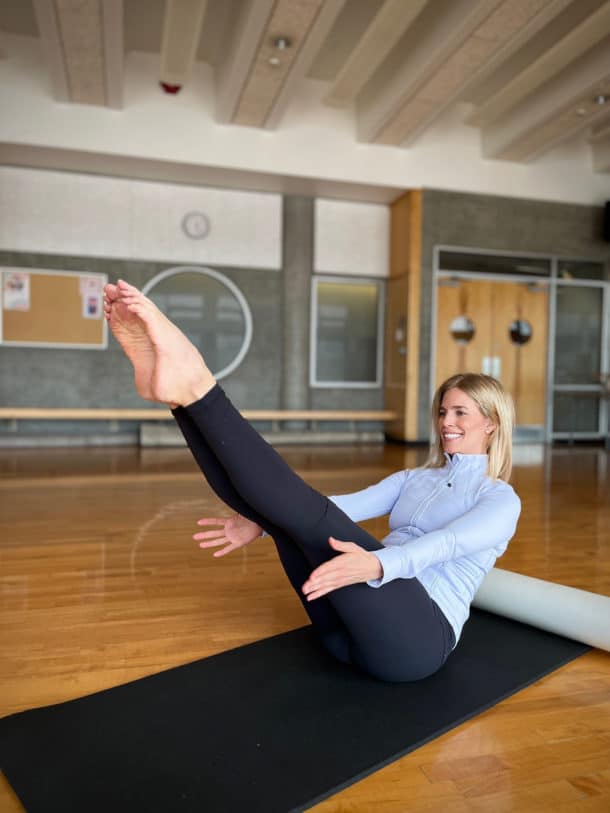Mentally well to you versus medical professionals.
Are you mentally well is a good question for your General Practitioner. Most people probably feel mentally well most of the time. As we learned from Dr. Ana Dubey, most people are high functioning until something happens that is too much for them to process alone. However, physicians on the front line of your health are looking a little deeper into your mental health and wellbeing as part of your annual exam.
Ask your General Practitioner if you are mentally well
The questions and insights below complete the health assessment your physician uses to assess whether or not you are healthy and mentally well. If you haven’t read the initial post with insights into the first seven health questions, it’s worth your time to read to get the full picture of how GPs assess your health and wellbeing. Physical and mental health go hand-in-hand.
Questions GPs use to assess mental health and wellbeing
1/ Addictive Behaviors such as gambling or drug use
An addictive behavior is a compulsive behavior that has negative consequences to your health and wellbeing. Even though the behavior has a negative impact, it also has a rewarding effect. The reward makes it difficult for you to stop the behavior. General practitioners can refer you to the right treatment if it’s out of their scope of service.
2/ Violence, bullying or physical abuse
The prevalence of violence, bullying and abuse are increasingly common in schools, workplaces and homes. Each form of abuse is unique in how the symptoms manifest but all can occur at any age. Physicians treat injuries and symptoms and are also trained to identify the telltale signs and report abuse. Reporting ensures appropriate corrective action is taken and patients are directed to the appropriate community resources for help.
Signs of Abuse: Excuses for injuries, personality changes, constantly checking with their partner, never having money on hand, overly worried about pleasing their partner and skipping out on school, work or social outings.
Signs of Bullying: Unexplained injuries, lost or destroyed personal items, frequent headaches, stomach aches, feeling or faking sick, changes in eating habits and difficulty sleeping.
3/ Depression or anxiety
Physicians can diagnose both depression and anxiety. The two are different but diagnosed in a similar way. Both require a discussion with your physician. Specifically:
For depression, the discussion is about your thoughts and symptoms to understand the severity. Symptoms include persistent sad, anxious or “empty” mood, feelings of hopelessness or pessimism, feelings of irritability, frustration or restlessness, feelings of guild, worthlessness or helplessness and loss of interest or pleasure. Your physician may also order urine and blood tests to rule out thyroid issues that may be contributing to the symptoms. Once diagnosed, your physician can prescribe anti-depressants and/or refer you to a mental health professional.
For anxiety, the discussion is about your feelings, symptoms and personal life. There are different types of anxiety disorders but Generalized Anxiety Disorder [GAD] is common and on the rise. Symptoms include: feeling restless or on edge, being irritable, getting tired easily, having difficulty concentrating or feeling your mind goes blank, having difficulty getting to sleep or staying asleep and having tense muscles. Once diagnosed, your physician can prescribe medication and/or refer you to a mental health professional.
4/ Emotional and social support
More than a third of the population is still experiencing loneliness which is higher than pre-pandemic levels. Loneliness is not necessarily about being alone but rather your perception of being alone and isolated. That perception can have health implications including high blood pressure, heart disease, obesity, a weakened immune system, anxiety, depression, cognitive decline, Alzheimer’s disease and even death.
According to the American Medical Associations, your physicians want you to know that there is nothing wrong with desiring or seeking connections. You need connection as much as you need sleep, healthy food and physical activity to be mentally well.
5/ Safety issues such as wearing a seat belt while driving
Seat belt use can save your life and is law for good reason.Non-compliance is a health risk that also strains healthcare systems treating patients who are non-compliant with seat belt use. In fact, some Emergency Room physicians are calling for more stringent laws to curb non-compliance.
Who are the most non-compliant? Females with less than high school education and low income with an unsatisfactory view of life and inability to change some aspect of their life are less likely to use a seat belt. With that said, young males under the influence while driving are ending up in the Emergency Room with more severe injuries sustained from not wearing a seat belt. If you or someone you know needs help addressing the underlying issues attributable to non-compliance, physicians are a good resource for refers to community resources and mental health professionals.
6/ Overall health or wellbeing
According to Health Partners, physicians are assessing your overall health and wellbeing in three components:
1/ Current health status as outlined in the post How do you know if you’re healthy?
2/ Sustainability of health which includes lifestyle behaviors and preventative services that determine future health.
3/ Life satisfaction which assesses overall wellbeing using indicators that measure aspects of education, physical and built environment, community and economy.
Contact Us
We're interested in partnerships with brands that share our interests and values.
Create a Free Account
Receive weekly emails with workouts, tips & offers to help you live more vibrantly.



